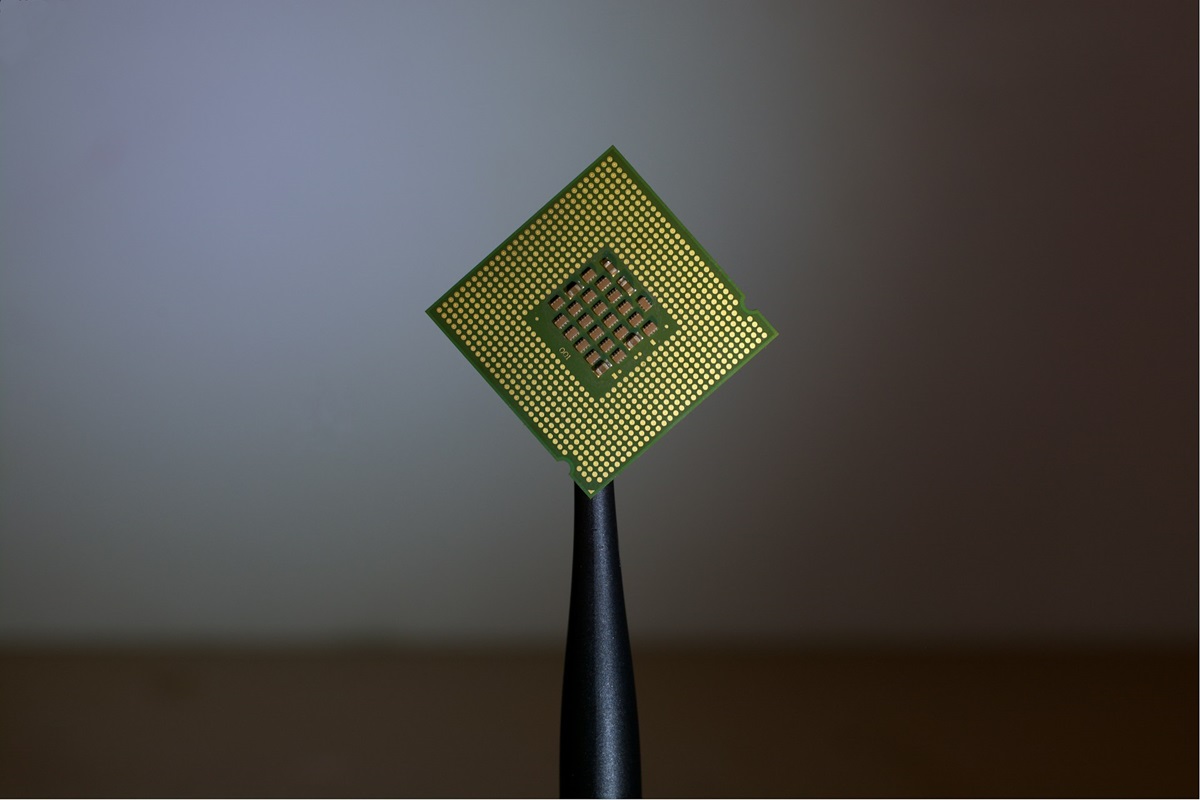Taiwan Semiconductor Manufacturing Co., one of the world’s largest chip makers, is expanding its presence in Japan.

The mentioned company intends to build a second plant in the territory of the specified country. This factory will specialize in the production of advanced microcircuits. The construction of the second plant of one of the largest chip manufacturers in the world is what can be described as a significant victory for Japanese Prime Minister Fumio Kishida. Currently, the government of the mentioned Asian country is making efforts to increase the volume of domestic production of microcircuits.
The Taiwanese contract chip maker announced that Toyota Motor Corp. will join the project to build a new factory in Japan as an investor. Japan Advanced Semiconductor Manufacturing, majority-owned TSMC’s manufacturing subsidiary in Kumamoto, is implementing this intention. The board of the Taiwanese company approved an injection into JASM for no more than $5.26 billion.
The new production site will be located near TSMC’s first factory in Kumamoto in southwestern Japan. On Tuesday, February 6, the company announced its intention to add a 6/7-nanometer process technology, advancing the technology produced on that campus.
According to preliminary information, the second TSMC plant will be put into operation by the end of 2027. Together with the first factory JASM, the total investment of the Taiwanese manufacturer will amount to more than $20 billion with significant support from the Japanese government.
The media reports that TSMC is currently considering the possibility of building a third plant in the mentioned country. According to preliminary information, the company has an interlocutory intention to launch the production process of 3-nanometer chips at this factory.
TSMC said the two Kumamoto plants will have a combined monthly manufacturing capacity of over 100,000 12-inch wafers. More than 3,400 high-tech jobs will be created at these factories.
Currently, the largest countries in the world, including the United States, Japan, and Germany, are striving to achieve the goal of creating an integrated semiconductor supply chain on their territory. These intentions are partly due to the conclusions drawn after the negative experience associated with the fact that there was a shortage of chips during the coronavirus pandemic. Nowadays, the countries plan to implement large-scale projects that will avoid future disruptions in the economy.
The Japanese Ministry of Economy intends to provide subsidies worth about 2 trillion yen ($13 billion) to stimulate investment in the production of microcircuits. Tokyo is striving to regain its status as a giant in the advanced technology industry. In recent years, Japan has moved a little away from the center of global innovative production. Tokyo’s current efforts are aimed at returning to the territory of advanced manufacturing. TSMC has already received several grants from the Japanese government.
The Taiwanese manufacturer’s first factory in Kumamoto is partially funded by Sony Group Corp. and Denso Corp. The mass production process at this factory is expected to be launched at the end of the current year. TSMC, Sony, Denso, and Toyota will own approximately 86.5%, 6%, 5.5%, and 2% of JASM shares, respectively.
The Taiwanese manufacturer is also currently implementing projects to build two factories in the US state of Arizona. The commissioning of these production facilities was postponed due to labor problems and costs that exceeded initial plans. At the same time, representatives of TSMC and the Taiwanese government have repeatedly stated that the process of building a factory in Japan is carried out without any problems.
TSMC’s board on Tuesday approved a capital injection of no more than $5 billion into its Arizona subsidiary. Moreover, the company announced plans to build a factory in Germany.
As we have reported earlier, TSMC Revenue Exceeds Forecasts.









